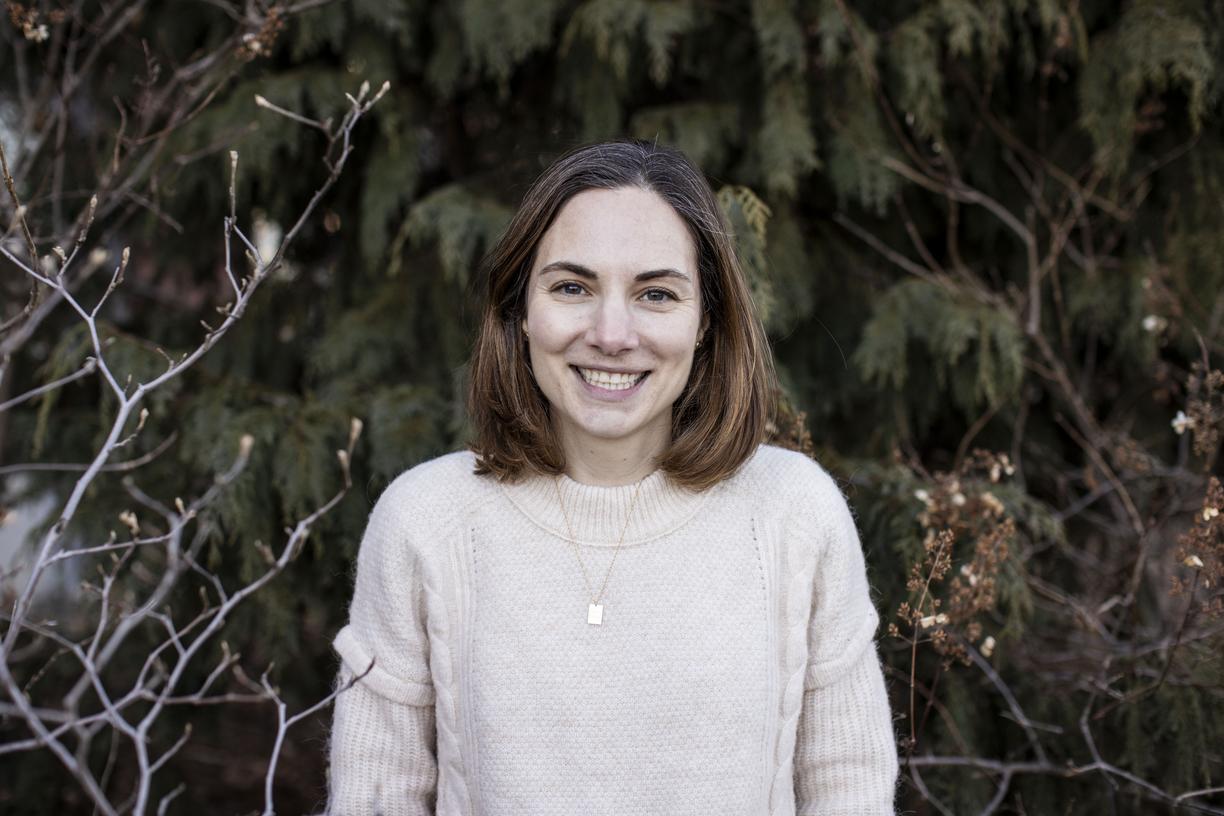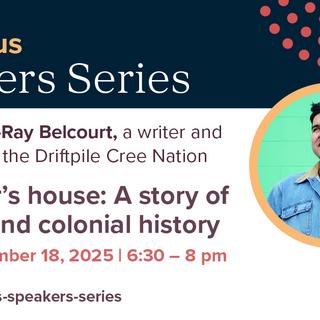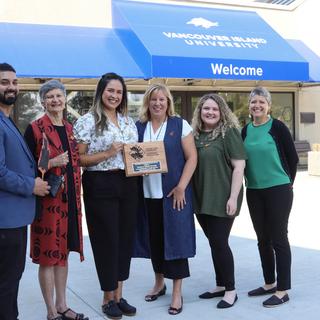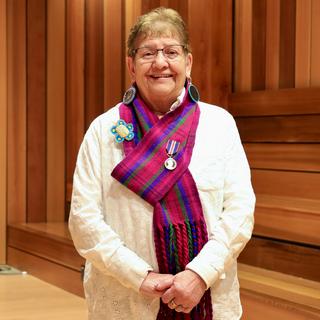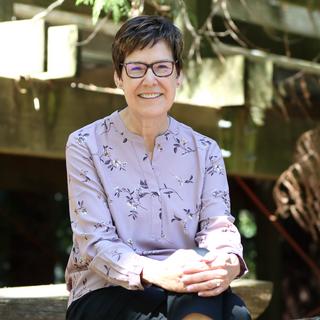Dr. Kimberly Coleman joins VIU as the 2025 Fulbright Canada Research Chair in Indigenous Studies.
As an avid mountain biker, Dr. Kimberly Coleman is well aware of the many benefits outdoor recreation can provide.
She’s delving into how communities can work together to manage outdoor recreation – specifically mountain bike trails – in a way that respects Indigenous lands. Coleman is doing this work as Vancouver Island University’s (VIU’s) 2025 Fulbright Canada Visiting Research Chair in Indigenous Studies.
“Spending time in the woods has benefits that range from physical to mental health and well-being, social connectedness and connection to the land,” she said. “For Indigenous youth, it’s a way to reconnect with the land.”
Questions remain about the impacts of mountain biking, particularly for Indigenous communities. It’s important that these activities are managed in a way that respects Indigenous rights and brings real benefits to local communities, she said.
Coleman is an Associate Professor in the Rubenstein School of Environment and Natural Resources at the University of Vermont. Her doctoral research focused on wildfire management and preparedness in the American West and Southeast. Her work examined how different groups, including federal agencies, private landowners and Indigenous communities, can collaborate to manage wildfires that threaten their homes and lands.
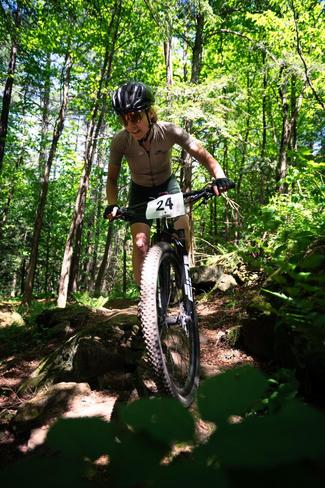
In the wake of the COVID-19 pandemic, Coleman shifted her research focus to outdoor recreation, specifically mountain biking, which surged in popularity during that time. She discovered that mountain biking trails often cross lands that hold cultural significance for Indigenous peoples, and that many communities have concerns about the history of recreation on their lands.
Some Indigenous communities have raised concerns about colonialism in the mountain biking industry. The activity is often associated with non-Indigenous people using a community’s land without permission or benefit, she said.
As part of her research, Coleman is studying what she calls successful examples of land co-management, where different groups share responsibility for land use. It will include a case study about the Ucluelet Mountain Bike Association and will compare findings with a case study of Carrabassett Valley in Maine, United States. These case studies highlight two Indigenous communities, Yuułuʔiłʔatḥ First Nation and Penobscot Nation, that are experiencing an expansion of mountain biking in and around their communities.
“When we compare the BC context to New England, Canada is in a really different place around Truth and Reconciliation, land rights, land tenure and the overall context of land ownership and land management between the two countries,” she said.
Coleman said the ultimate goal of her research is finding out what creates successful co-management of shared recreational land and “the conditions under which it’s not extractive but actually conferring benefit.”
This, she said, is really important for the “equitable management of outdoor recreation anywhere that there is a history of colonization, such as North America.”
Dr. Michael Quinn, VIU Provost and Vice-President Academic, said Coleman’s research will make a vital contribution to better aligning mountain biking, and outdoor recreation more generally, with the needs and values of Indigenous communities.
“Our students are learning the skills needed to sustainably and responsibly showcase the extraordinary place we call home,” he said. “Indigenous stewardship of the spaces where mountain biking happens is a vital to long-term sustainability and is an essential element of reconciliation."
Established in 1946, the Fulbright Program has supported more than 325,000 students, scholars, teachers, professionals, scientists and artists across 155 countries. It remains one of the world’s most distinguished academic honours. The program aims to foster mutual understanding and academic excellence. Fulbright Canada is a bi-national, treaty-based, non-governmental organization that identifies and supports exceptional scholars and students in Canada and the United States by providing academic exchange programs through merit-based grants.
-30-
Media Contact:
Annette Lucas, Communications Officer, Vancouver Island University
P: 250.618.7296 | E: Annette.Lucas@viu.ca | X: @VIUniversity
The VIU community acknowledges and thanks the Snuneymuxw, Quw’utsun, Tla’amin, Snaw-naw-as and Qualicum First Nation on whose traditional lands we teach, learn, research, live and share knowledge

